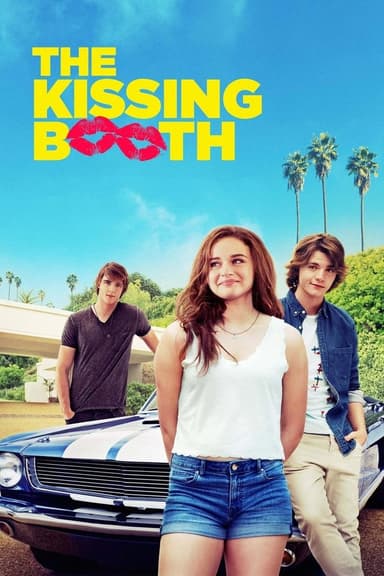
Endless Love
2014 • Drama, Romance • PG-13
A privileged girl and a charismatic boy's instant desire sparks a love affair made only more reckless by parents trying to keep them apart.
Runtime: 1h 43m
Why you should read the novel
If you want a deeper, more psychological exploration of passion and obsession, Scott Spencer’s novel Endless Love offers far more than any film adaptation can convey. Instead of the streamlined, romanticized plot of the movie, the book delves unflinchingly into the complexities, consequences, and raw emotions of an all-consuming first love. Readers witness the main characters’ inner worlds and motivations, gaining insight into why they act so recklessly and how love can be both beautiful and destructive.
The novel's gripping prose and nuanced storytelling make it a more intense and rewarding experience for mature readers. Spencer’s writing crafts characters with genuine flaws, desires, and fears, drawing you into a journey that's as suspenseful as it is heartbreaking. The book’s narrative structure and psychological depth invite you to reflect on your own beliefs about love, obsession, and responsibility.
Choosing to read Endless Love instead of watching the movie means you’ll engage with the original story’s intent, gaining a richer understanding of the themes that have made it a literary classic. The book challenges you to confront uncomfortable truths and empathize with complex characters, providing an emotional and intellectual experience far beyond the surface-level drama of the film.
Adaptation differences
One of the most striking differences between the Endless Love novel and its 2014 film adaptation is the portrayal of the main characters and their relationship. In Scott Spencer’s novel, the love affair between David and Jade is intense, obsessive, and ultimately destructive. The characters’ psychological intricacies—and their flaws—are revealed in great detail, making the relationship more troubling and toxic. The movie, however, reduces much of this complexity, presenting the romance in a more idealized, sanitized light, targeting a younger audience with a feel-good love story.
The plotlines also diverge significantly. In the novel, David’s obsessive behavior leads to life-altering consequences, including arson and extensive legal ramifications. The film adaptation chooses to downplay both the darkness and the aftermath of these actions, opting for less controversial or troubling developments. As a result, the movie lacks the gravity and realism that make the novel so powerful, trading psychological tension for melodrama and romance.
Additionally, Spencer’s novel takes a more mature and philosophical approach to its core themes. The narrative examines the destructive nature of obsession and the consequences of unrestrained emotion in depth, often challenging the reader’s own moral compass. By contrast, the 2014 film focuses more on family drama and superficial conflicts, simplifying the story for broader appeal and leaving out much of the novel’s introspection.
Finally, secondary characters and their roles are altered. In the book, Jade’s parents are more ambiguous, their complicity and own emotional turbulence contributing to the tragedy. The film, however, makes the parental figures more clear-cut villains or obstacles, omitting the nuance that enriches the novel. The adaptation thus loses the subtle perspectives and ambiguity that make the novel such a compelling and provocative read.
Endless Love inspired from
Endless Love
by Scott Spencer











